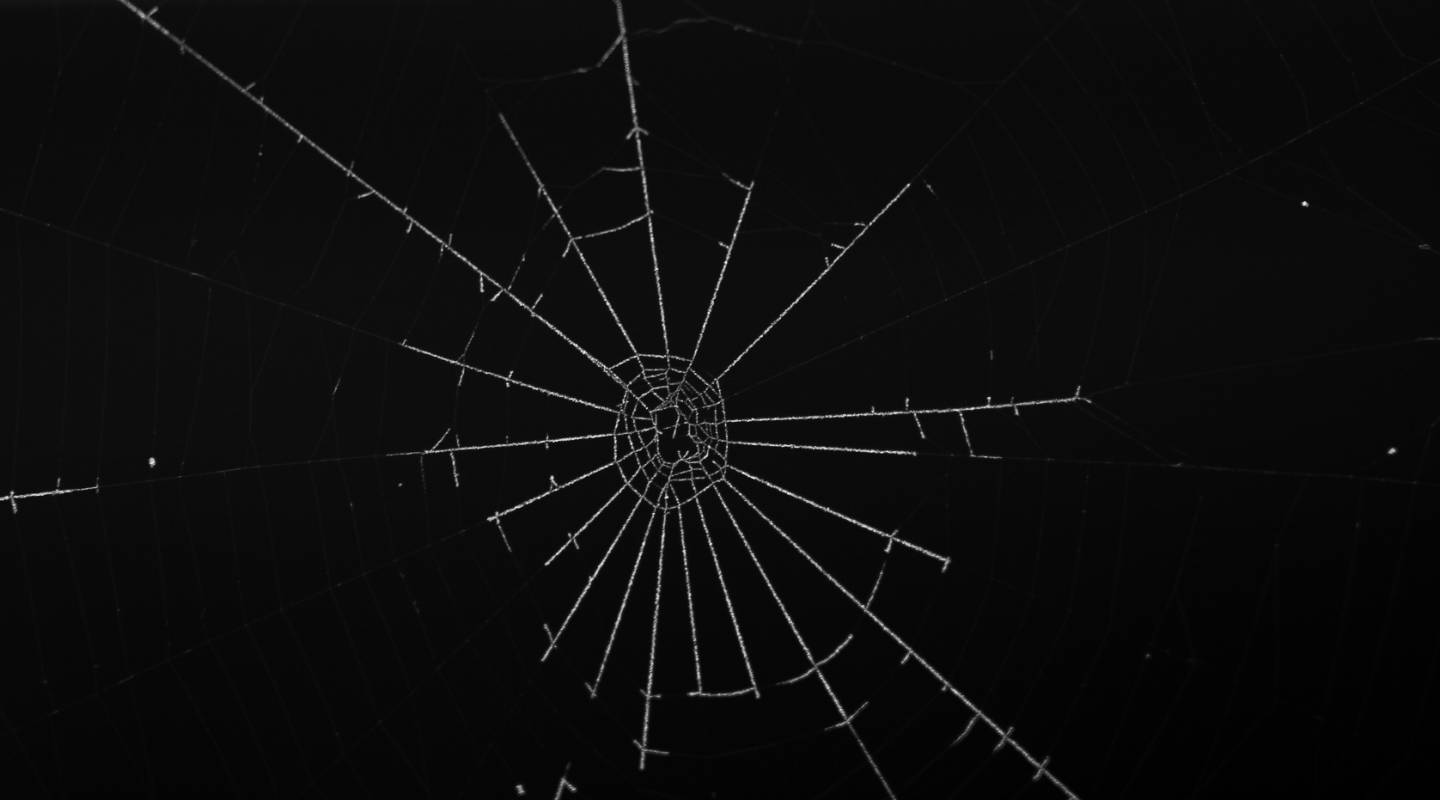
Explore
Lockdown is not imprisonment!
Given the restriction to freedom of movement under lockdown, can it be compared to incarceration?
The coronavirus lockdown in France lasted almost two months. For 55 days, the country’s inhabitants were only allowed to go outside if it was strictly necessary. Now that the lockdown is gradually being lifted – apart from in the overseas department of Mayotte – two geography researchers discuss this restriction of liberty.
Franck Ollivon and Olivier Milhaud reflect on prison, house arrest and lockdown. They conclude that they are not all alike.
Few people were confined in a space as small as nine square meters
The unpleasantness of electronic tagging,few people can deal with it for longer than a year

Authors
Franck Ollivon
Doctor of Geography
Franck Ollivon is a Doctor of Geography and Attaché Temporaire d’Enseignement et de Recherche (Temporary Attaché of Teaching and Research) in the Environment, City and Society Department of the École normale supérieure de Lyon. He studies spatial issues in contemporary punishment, with a particular focus on alternatives to incarceration. [email protected]
Olivier Milhaud
Lecturer in Geography
Olivier Milhaud is a Lecturer in Geography at the Sorbonne University and a member of the research group “Mediations: Science of Places and Connections”. He studies the social and political geographies of living together, with a particular focus on the spaces and spatiality of imprisonment and poverty. [email protected]
